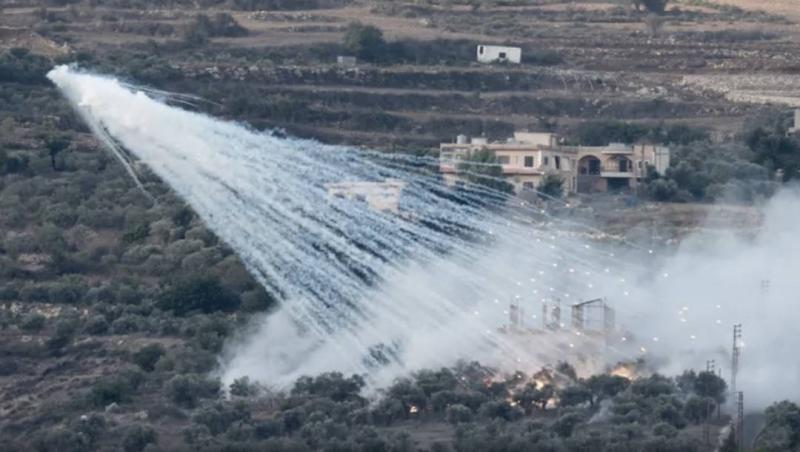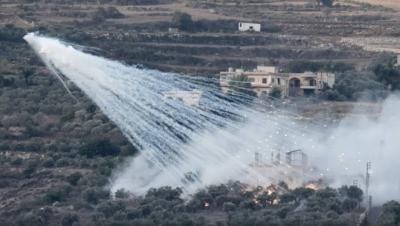There are many reports coming to the ears of the Lebanese from border towns in the south indicating that the end of the war will be surprising and that the losses are very substantial. According to information from Sky News Arabia, "there are towns that no longer have any homes at all, and the stones of the demolished houses have mixed with each other."
Lebanese citizens live in fear of the expansion of military operations between Lebanon and Israel and the adverse effects it will have on Lebanon's economy. At the same time, negative indicators are warning of a more turbulent economic future for a country facing its most severe economic crisis since the end of 2019, which continues to cast a shadow over various sectors.
Amid the anxiety of war and the daily worry experienced by the Lebanese, the only constant in the results of the war launched by Hezbollah on October 8 to support the Gaza sector is the enormous economic and human losses inflicted upon southern Lebanon in a catastrophic manner.
Experts speaking to Sky News Arabia agree that the pressures imposed by the "support war" have led to numerous losses, primarily the displacement of hundreds of thousands of families and the complete halt of agricultural activity along the border from the town of Naqoura in the western sector to Shebaa in the eastern sector.
Economic expert and analyst Munir Younes stated to Sky News Arabia that "the damages are very significant, both direct and indirect, ranging today from two billion to ten billion dollars." He added, "There are no final estimates for the losses as military operations are ongoing." He mentioned that "there are between 7,000 and 10,000 housing units affected either fully or partially within the border towns."
Younes noted, "There are tens of thousands of hectares of agricultural land in the south that have been damaged due to phosphorous bomb shelling, and the scene resembles scorched earth; this soil will require treatment over many years." He clarified that "the war has prevented farmers from cultivating 17 million square meters of agricultural land."
He went on to say, "The crops that have been affected include olives, tobacco, and others, and thousands of small and medium enterprises in the southern governorate have suffered damage as well." Younes also pointed out that "there are one hundred thousand displaced individuals," stating that "the cost of this is very high for everyone in Lebanon."
He further added, "Reliance on the tourism season this summer did not succeed, as it did not reach 20 percent of last year's 2023 season, which was exceptional and provided a dose of hope for the economy until the events of October 7 occurred."




